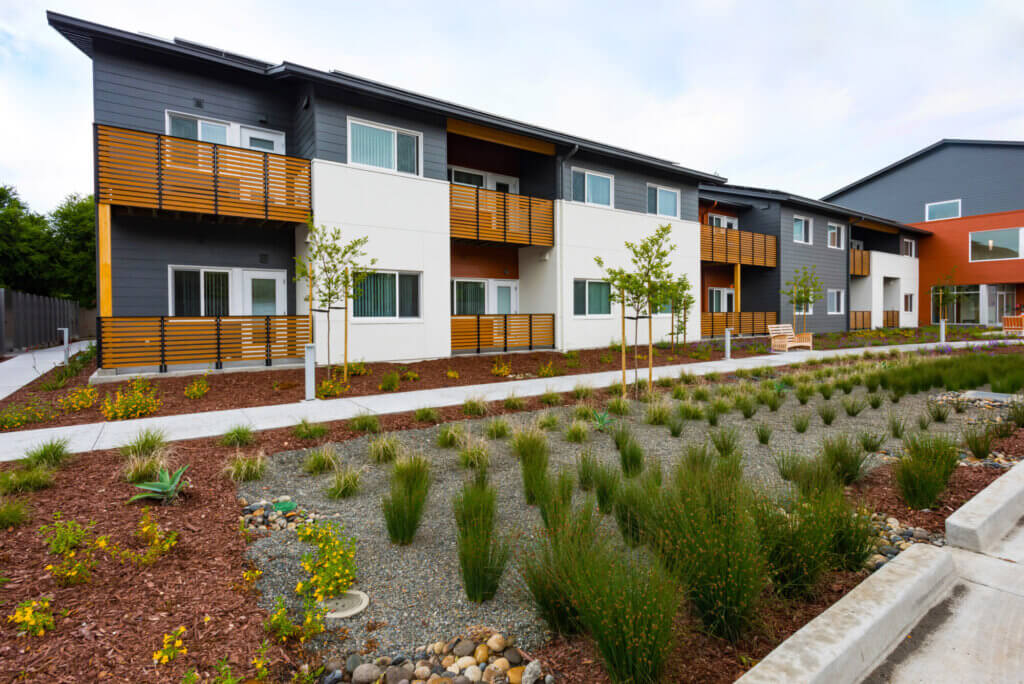Building Local Institutional Capacity: Lessons Learned from the Emergency Rental Assistance Program
Published On October 7, 2022
In the wake of the COVID-19 pandemic, jurisdictions across the country made disparate choices as they distributed federal emergency rental assistance to tenants and landlords. A new paper Building Local Institutional Capacity: Lessons Learned from the Emergency Rental Assistance Program draws on interviews with dozens of stakeholders to understand how local institutional and nonprofit capacity shaped decision-making around the design of Emergency Rental Assistance (ERA) programs.
Interviewees point to the ways that local governmental capacity and existing relationships, expertise, and capacity of local nonprofits and other potential partners were key determining factors in ERA implementation. The magnitude of resources available through ERA and the tremendous need to send out rental assistance quickly spurred expansions in local institutional capacity—at least temporarily—particularly through staffing, cross-jurisdictional and partner collaborations, and improved technological infrastructure.
The paper also highlights key lessons to improve the implementation of future emergency response efforts, particularly through better infrastructure for responsive communication between local and federal agencies, additional funding for administrative staffing and capacity-building, and development of off-the-shelf applications, portals, and reporting systems. The findings also point to steps to advance longer-term systemic reforms to improve local administration of ongoing federal assistance programs more broadly.
The analysis builds on the findings of a previous report published in the spring, which assessed where pre-existing economic hardship, pandemic-related employment impacts, and limited local institutional capacity could be hindering efforts to ensure emergency rental assistance is reaching eligible renters.
Read the full report on our website here.
This paper is published as part of the Housing Crisis Research Collaborative, which aims to address the long-standing inequities in access to safe, stable, and affordable rental housing that have been laid bare by the COVID-19 pandemic. The Collaborative is led by a group of research partners at Urban Institute, the Harvard Joint Center for Housing Studies, the NYU Furman Center, and the Terner Center.





